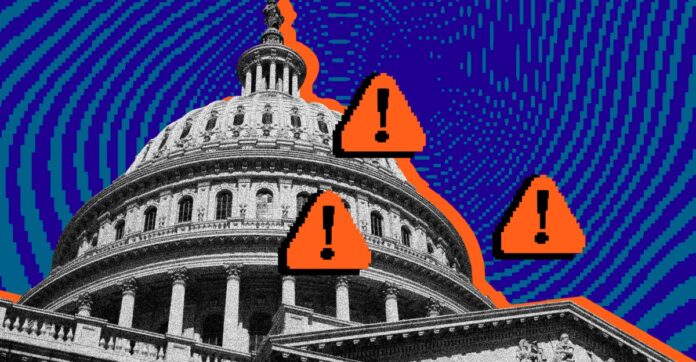Introduction to AI Regulation
The topic of artificial intelligence (AI) regulation has been a subject of discussion in recent times. A proposed moratorium on state AI regulation was included in President Donald Trump’s funding bill, which has raised concerns among experts. Amba Kak, co-executive director of the AI Now Institute, recalls her initial reaction to the proposal, stating, "This is absurd."
Understanding the Moratorium
The proposed moratorium would prevent states from enforcing any laws or regulations related to artificial intelligence models, artificial intelligence systems, or automated decision systems for a period of 10 years. This would start from the day the bill is passed. Kak believes that this moratorium is worse than not regulating AI at all, as it would not only stop future regulation but also roll back existing protections.
Concerns and Implications
The proposed rule could scuttle bills covering data privacy, facial recognition models, and other AI-related issues in states like Washington and Colorado. Kak explains, "It’s turning the clock back, and it’s freezing it there." This means that any progress made in regulating AI would be undone, and states would be unable to implement new regulations for a decade.
Expert Testimony
Days after learning about the moratorium, Kak was called to testify about it at the House Committee on Energy and Commerce. Her testimony highlighted the concerns and implications of the proposed moratorium. The fact that she was called to testify so quickly indicates the significance of the issue and the need for expert input.
The Current State of the Moratorium
The AI moratorium passed without issue as part of the House bill. This has raised concerns among experts and advocates who believe that regulating AI is essential for ensuring accountability and transparency. The passage of the moratorium has significant implications for the future of AI development and deployment.
Conclusion
In conclusion, the proposed moratorium on state AI regulation is a concerning development that could have far-reaching implications. Experts like Amba Kak believe that it is essential to regulate AI to ensure that its development and deployment are transparent and accountable. The moratorium’s passage has highlighted the need for continued discussion and debate about AI regulation and its importance in shaping the future of technology.

